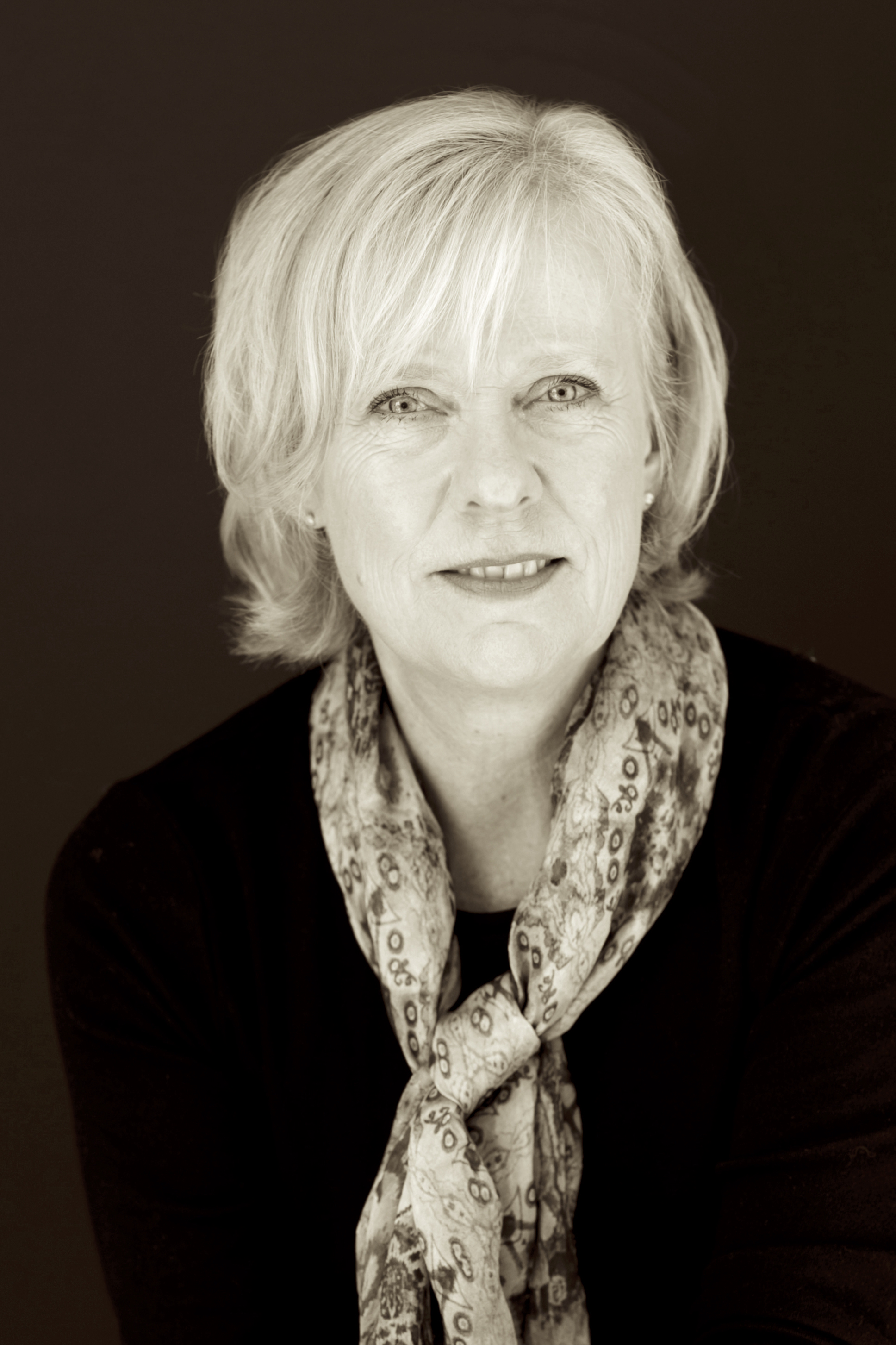It has always interested me that the term ‘talking cure’ was coined not by a theorist but by the patient herself. ‘Anna O.’, an intelligent and poetic woman, working with Josef Breuer, observed the ways in which her memories, and symptoms, when told to another, released tension and created narrative. Today there is neurological evidence that being heard and mirrored on a deep level can effect changes in patterning, and transform psychological and psychosomatic symptoms.
Beyond, or behind, the talk are words themselves. Words travel between our patient and our self, carrying shades of personal experience and context, yet also rooted in a distant (usually) time of first utterance. If well chosen and well aimed, words might rise with eagle-like sharpness and authority, glide, swan-like, smoothly into the mind and heart of another, or stand as a wall or impenetrable barrier. It is easy to see why, in many creation myths, speech, language and word are part of the original birth from Chaos or Void: the Hindu amrta out of which Vak, goddess of speech emerges; the cosmic hogan of the Navajo out of which Sa’ah Naaghaii and Bik’eh Hozho – thought and speech – emerge from the steam; the warm vapor emitted from Nummo’s – the Dogon’s divine essence – mouth. Words carry meaning. This seems obvious, but how often do we consider their etymology, the root of their meaning, as they fly about the therapy room?
Therapy itself comes from Gk. therapeia “curing, healing.” A therapeute was a priest attending seekers coming for healing at the temples of Asklepios. The sick lay down to sleep, in hopes for a healing dream, on stone slabs called kline (root word for clinic). This lineage situates therapy in ancient healing traditions seeking to foster understanding between inner and outer realities.
When I began my first internship some years ago, and was learning to listen into the patient’s language, both verbal or physical, I was struck by how words connected to money were so intrinsically woven into the way patients expressed their emotional life: owed/banking on/indebted/cheap/worth. This led me to reflect on the ways in which money and love in our culture are often entwined, and often displaced upon one another. We think we can buy one, invest in the other; bank on one and withdraw from the other. We are constantly communicating on multi-levels, often unaware that we’re not saying what we mean or meaning what we say (my own misquoting of Alice in Wonderland’s advice).
More recently a business client wrestled with feelings of shame at being criticized as ‘opportunistic’ by a colleague. Etymologically opportunity comes from Portunus – a minor Greek god, admittedly, but a god nonetheless – who oversaw safe winds into harbor. Given that many a ship, and its cargo, crashed on the Aegean rocks, Portunus’ favor would seem a blessing. Similarly my client’s capacity to sense the right winds for opportunity might be a quality to explore, in the face of her colleague’s – and her own – condemnation.
Obviously we cannot fill a session with etymological interpretations, and there might be few times, if ever, that an understanding of the root meaning of a word will need to be shared, or later researched, but holding some curiosity toward the way in which a word holds its particular identity helps in the craft and art of understanding and extrapolating meaning in the communication field of the ’talking cure’ lying between our patients and ourselves.
